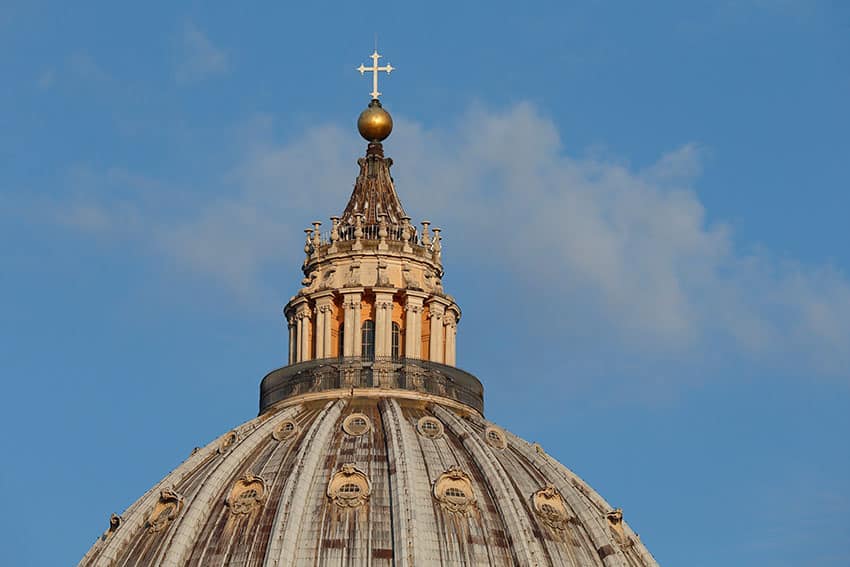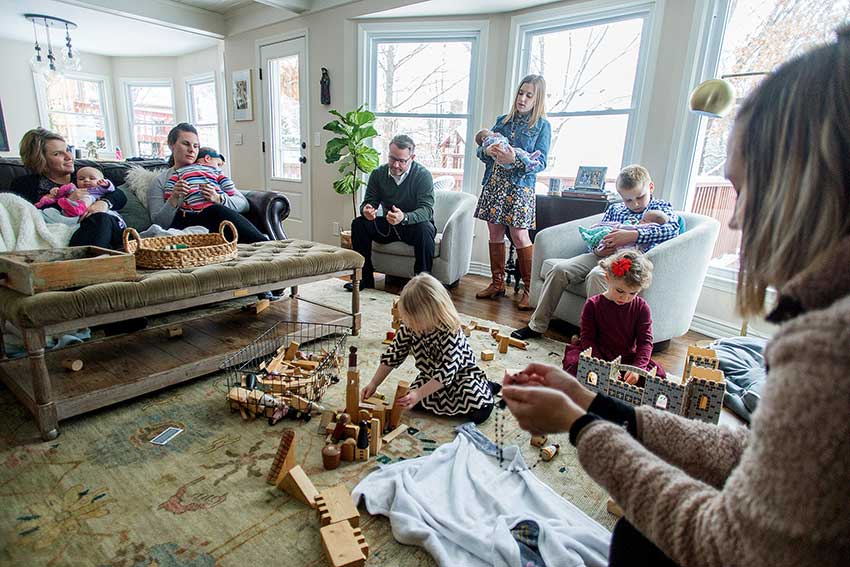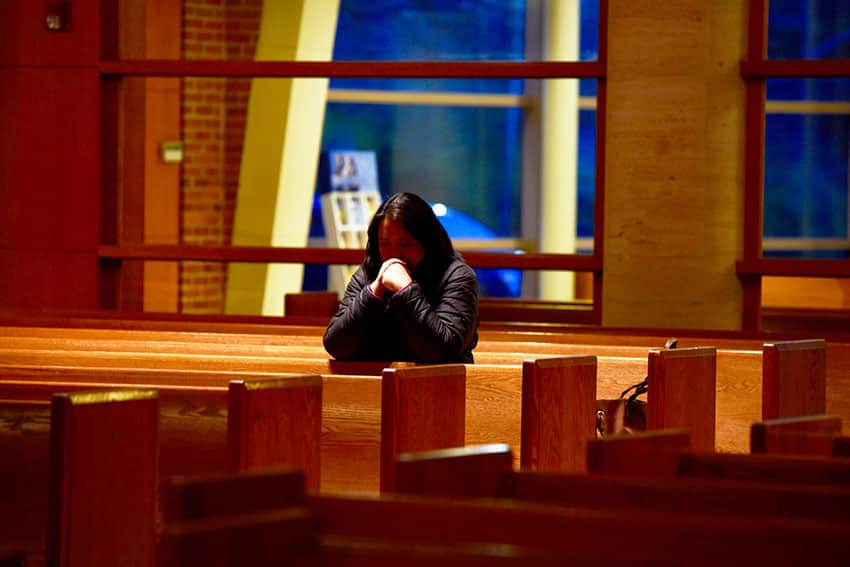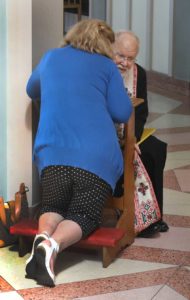
The Vatican has offered special indulgences to people afflicted with COVID-19, to those in quarantine, to medical personnel caring for coronavirus patients and to all those who are praying for them.
The Apostolic Penitentiary, a Vatican tribunal that deals with matters of conscience, including confession, issued the notice advising the availability of the indulgences on 20 March.
An indulgence is a remission of the temporal punishment a person is due for sins that have been forgiven.

Praying for the dying who cannot receive the sacrament of anointing, the decree said the church entrusted them to God’s mercy and drew on the merits of the communion of saints to grant a plenary indulgence to Catholics on the verge of death, as long as they “habitually recited prayers during their lifetime.”
For those in hospital
The decree granted a plenary or full indulgence to all Catholics in the hospital or under quarantine because they have tested positive for COVID-19 if they are sorry for their sins and prayerfully watch or listen to Mass, the recitation of the rosary or a pious practice such as the Way of the Cross.
If that is not possible, the decree said, they should at least recite the Creed and the Lord’s Prayer and invoke the help of Mary, “offering this trial in a spirit of faith in God and of charity toward others” and with a determination to go to confession, receive the Eucharist and pray for the intentions of the pope as soon as possible.
Healthcare workers, doctors and nurses, family members
“Health care workers, family members and those who, following the example of the good Samaritan, assist those sick with the coronavirus, exposing themselves to the risk of contagion,” also receive the plenary indulgence, it said.
The decree also grants the indulgence to any Catholic who visits the Blessed Sacrament, “reads sacred Scripture for at least a half hour,” recites the rosary or the Divine Mercy Chaplet “to implore Almighty God for an end to the epidemic, the relief of those who are afflicted and eternal salvation for those the Lord has called to himself.”

“This Apostolic Penitentiary, with the authority of the Supreme Pontiff, trusting in the worlds of Christ the Lord and looking with a spirit of faith at the epidemic underway, which should be lived in a tone of personal conversion, grants the gift of indulgences” to a variety of people in a variety of circumstances, the notice said.
General absolution may be possible – depending
Meanwhile, in a separate decree, the Penitentiary said that in places particularly hard hit by the coronavirus pandemic and with severe limits on people leaving their homes, conditions may exist to grant general absolution to the faithful without them personally confessing their sins first.
“This Apostolic Penitentiary holds that, especially in places most impacted by the pandemic contagion and until the phenomenon subsides, there are cases of grave necessity” meeting the criteria for general absolution, the notice about confession said.

Determining what constitutes grave necessity generally is up to the local bishop in consultation with his bishops’ conference. But throughout the 1980s and 1990s, the Vatican sought to limit the use of general absolution and encouraged increasingly strict definitions of what constituted an emergency situation.
“Taking into account the supreme good of the salvation of souls” and the level of contagion in his diocese, the local bishop must determine “the cases of grave necessity in which it is licit to impart collective absolution: for example, at the entrance to hospital wards where faithful in danger of death are hospitalized, using – within the limits of what is possible and with appropriate precautions – means for amplifying the voice so that the absolution is heard” by the patients.
Determining what constitutes grave necessity generally is up to the local bishop in consultation with his bishops’ conference
“If the unforeseen necessity arises to grant sacramental absolution to several faithful at the same time, the priest is obliged to forewarn the diocesan bishop as far as possible and, if it is not, to inform him as soon as possible afterward,” the decree said.

During the pandemic, it said, bishops also must tell their priests and faithful the measures that must be adopted to hear individual confessions, such as the need for them to take place in a well-aired space and not the confessional, the adoption of an appropriate distance between priest and penitent and the use of face masks.
In every case, the notice said, there must be “absolute attention to safeguarding the sacramental seal and the necessary discretion” so that no one nearby hears what is being said.
And, echoing what Pope Francis had said that morning in his homily, the Apostolic Penitentiary urged priests to remind their faithful that when they find themselves with “the painful impossibility of receiving sacramental absolution,” they can make an act of contrition directly to God in prayer.
If they are sincere and promise to go to confession as soon as possible, they “obtain the forgiveness of sins, even mortal sins,” the notice said.
Related:
